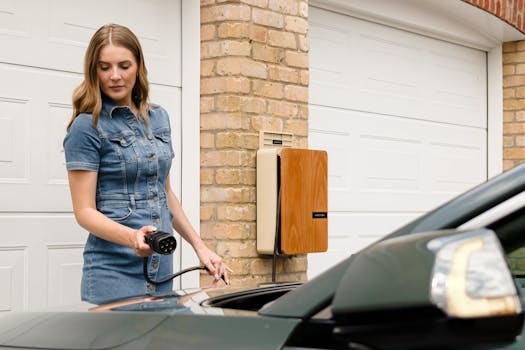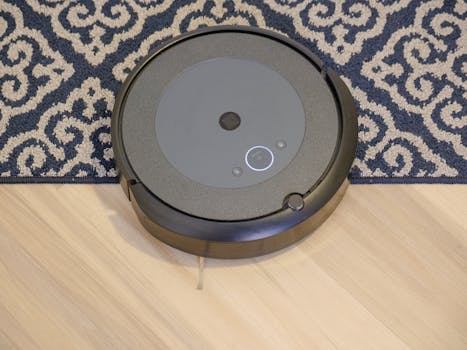
Smart Homes and Smart Living: The Technological Transformation of European Homes by 2025
Smart Homes and Smart Living is revolutionizing the way Europeans live, work, and interact with their homes. By 2025, it’s estimated that over 50% of European households will have adopted smart home technology, transforming the way we experience comfort, convenience, and sustainability in our daily lives.
Introduction to Smart Homes

Smart homes are residences that integrate advanced technology to provide occupants with a high level of comfort, convenience, and energy efficiency. These homes are equipped with a range of devices and systems, including thermostats, lighting, security systems, and entertainment systems, which can be controlled remotely using smartphones or voice assistants.
The Benefits of Smart Homes

The benefits of smart homes are numerous and include increased energy efficiency, enhanced security, and improved convenience. Smart homes can also provide a range of health benefits, such as improved air quality and reduced stress levels. Additionally, smart homes can increase the value of a property, making them an attractive option for homeowners looking to sell in the future.
Technological Advancements in Smart Homes

Recent technological advancements have played a significant role in the development of smart homes. The Internet of Things (IoT) has enabled devices to be connected and controlled remotely, while artificial intelligence (AI) has improved the efficiency and effectiveness of smart home systems. Other technological advancements, such as voice assistants and 5G networks, have also contributed to the growth of the smart home market.
Smart Home Devices and Systems

There are a range of devices and systems available for smart homes, including thermostats, lighting systems, security cameras, and doorbells. These devices can be controlled using smartphones or voice assistants, such as Amazon Alexa or Google Assistant. Other smart home devices, such as robot vacuum cleaners and smart coffee makers, can also be integrated into a smart home system.
European Smart Home Market

The European smart home market is expected to experience significant growth in the coming years, driven by increasing demand for energy-efficient and convenient living solutions. Countries such as Germany, the UK, and France are expected to lead the market, with the adoption of smart home technology becoming more widespread.
Challenges and Limitations of Smart Homes

While smart homes offer a range of benefits, there are also challenges and limitations to consider. One of the main concerns is the issue of data privacy and security, as smart home devices can collect and store sensitive information. Additionally, the high cost of smart home devices and systems can be a barrier to adoption for some homeowners.
Conclusion

In conclusion, smart homes and smart living are transforming the way Europeans live, work, and interact with their homes. With the integration of advanced technology, smart homes are providing occupants with a high level of comfort, convenience, and energy efficiency. As the European smart home market continues to grow, it’s expected that over 50% of households will have adopted smart home technology by 2025.


